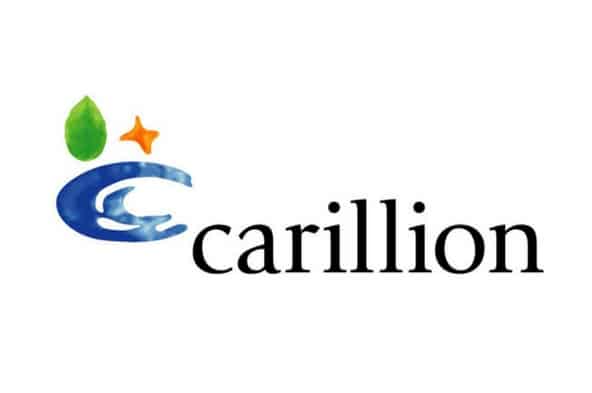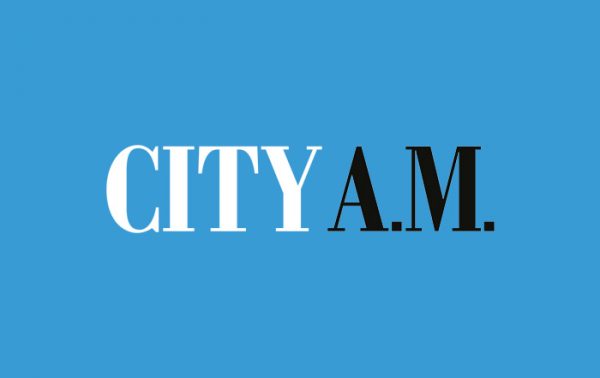What to Do if Your Company Has PAYE Arrears
If your business has failed to pay on time and is behind schedule on its PAYE obligations, you may face legal pressure from HM Revenue and Customs (HMRC).
It’s important to take PAYE arrears seriously. If you fail to respond after receiving a demand for payment from HMRC, your business could have some of its assets seized or be forced into the compulsory liquidation process via the courts.
Your business may also face financial penalties from HMRC based on its number of employees and the amount of time that passes before you pay your tax debts.
Dealing with HMRC over PAYE arrears cna be a stressful process, especially if your business is financially distressed. However, options are available to help you pay your taxes, ranging from a variety of financing services to the possibility of negotiating with HMRC.
Below, we’ve discussed the penalties you may face if your business hasn’t paid or can’t afford to pay its PAYE bill on time. We’ve also explained the options that are available to help you pay off PAYE arrears and prevent legal action from HMRC.
What Are PAYE Arrears?
As an employer, you’re required by law to operate the Pay As You Earn (PAYE) system as part of your company’s payroll.
Under PAYE, your business must collect income tax and National Insurance contributions from employee compensation. Depending on your business’s PAYE payment scheme, you’ll need to pay your PAYE bill to HMRC either monthly or shortly after the end of each quarter.
In some cases, your business’s PAYE bill may also include repayments for employee student loans and Construction Industry Scheme (CIS) deductions.
If your business fails to pay its PAYE bill in full and/or on time, it will go into arrears and owe a PAYE debt to HMRC.
Common Causes of PAYE Arrears
There are a large range of reasons why your business may not be able to pay its PAYE bill on time. Common causes of PAYE arrears include:
- Disruptions to business, such as unexpected events or changes in seasonal demand that affect your business’s cash flow.
- Low profits or losses, which may be caused by changes to your market, reductions in demand or other factors.
- Over-investment in certain areas of your business, such as increased capacity or new stock, that put a strain on cash flow and affect your ability to pay creditors.
- Late payment from customers and/or clients, especially if your business has extended too much trade creditor to customers.
- Excessive debts, including debt payments to other creditors that affect your business’s ability to pay its PAYE bill.
What Happens if Your Business Can’t Pay PAYE?
HMRC is the most common business creditor in the UK. If your business falls behind on PAYE payments and can’t pay on time, HMRC will respond by applying pressure to your business to pay its PAYE arrears via fees and threats of legal action.
Typically, your first non-payment or late payment of PAYE during each tax year won’t result in a fee. However, HMRC will begin to apply percentage-based fees to your PAYE bills if you fail to make payments on time after the first default.
PAYE Late Payment Fees
Fees for non-payment of VAT increase as your business defaults on additional payments. The fees are percentage-based and work as follows:
- First three defaults: 1% fee on PAYE balance
- Four to six defaults: 2% fee on PAYE balance
- Seven to nine defaults: 3% fee on PAYE balance
- 10+ defaults: 4% fee on PAYE balance
HMRC applies these fees to both non-payments and partial payments, making it important that you pay your PAYE bill in full if your business can afford to do so. Your business may also face higher fines if you fail to pay your PAYE bill after six or 12 months.
Personal Liability for PAYE Arrears
As a company director, you may be held personally liable for your business’s outstanding PAYE bill if HMRC finds that you deliberately ignored your legal responsibilities to pay tax.
If HMRC believes that you and/or other company directors may have deliberately misused your employees’ PAYE deductions, or engaged in other fraudulent activity, you may be issued with a Personal Liability Notice (PLN).
A Personal Liability Notice allows HMRC to carry out a PAYE inspection, during which an HMRC inspector may view your business’s financial records. Based on the results of the inspection, it’s possible that you and/or other directors may be held liable for the business’s tax debts.
Your Options for Dealing With PAYE Arrears
Facing legal pressure from HMRC to pay PAYE arrears can be a daunting prospect. Thankfully, a variety of options are available to help your business deal with its tax arrears, from financing services to the possibility of negotiating a long-term repayment agreement with HMRC.
Financing
Depending on your business’s financial situation and viability, you may be able to use financing to pay your PAYE bills and end pressure from HMRC.
A range of financing options are available for businesses with overdue tax debts such as PAYE arrears. These include loans, which may be secured using a business asset, as well as invoice discounting and factoring services.
Time to Pay Arrangement (TTP)
Your business may be able to negotiate with HMRC and pay its PAYE arrears in instalments via a Time to Pay (TTP) arrangement.
Entering into a Time to Pay arrangement allows your business to pay its PAYE arrears monthly instead of in a lump sum. This can ease pressure on your business’s cash flow and allow you to continue trading as you pay off your overdue tax bill.
In order to enter into a TTP arrangement, your business will need to prepare a detailed proposal showing how you’ll manage the PAYE payments. Our insolvency practitioners can help you with the TTP process, from preparing a proposal to implementing an arrangement with HMRC.
Insolvency Procedures
If your business has significant PAYE arrears and is no longer financially solvent, an insolvency procedure may be its best option for avoiding legal action and negotiating with creditors such as HMRC.
Several different insolvency procedures are available for distressed businesses. Depending on your business’s financial state, you may be able to propose a Company Voluntary Arrangement (CVA), enter into administration or use the pre-pack administration process.
If your business is no longer financially viable, meaning there’s little to no chance of a financial recovery, you may also want to consider closing down the business via the Creditors Voluntary Liquidation (CVL) process.
Contact Us For Private Advice and Assistance
It’s important to act quickly if your business owes PAYE arrears or other tax debts to HMRC. As the UK’s most common business creditor, HMRC can be aggressive in pursuing its debtors and may apply fees and other penalties to recover PAYE payments from your business.
If your business is investigated by HMRC, you could also be found personally liable for PAYE or other tax debts.
As insolvency specialists, we’ve helped hundreds of UK businesses successfully deal with tax debts and PAYE arrears. Our expert team can provide clear and detailed advice to help you make the best decisions for your business.
If appropriate, we can also assist with negotiating with HMRC or entering your business into an insolvency procedure, shielding your business from legal action and putting you in the strongest position for facilitating a financial recovery.
For more information, please contact us on 0161 8719 842 or send us an email to schedule your free private consultation.



